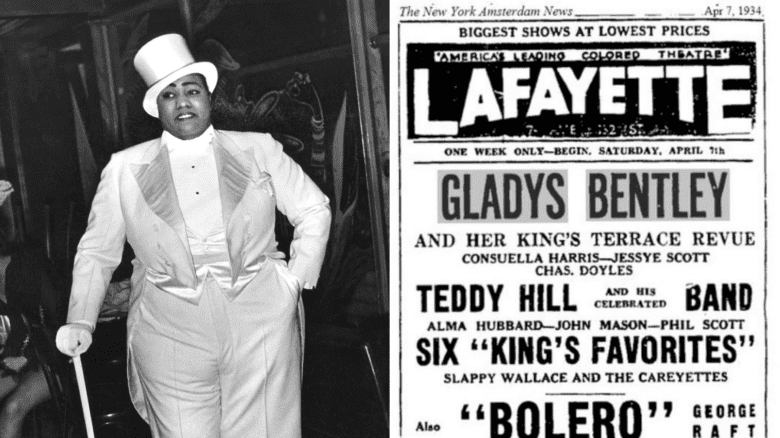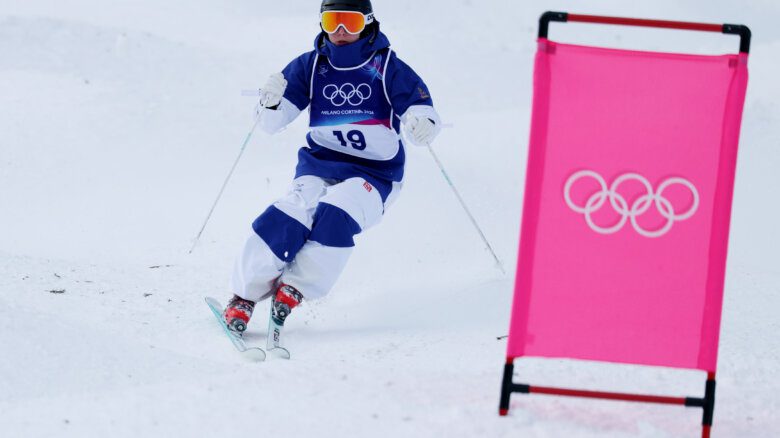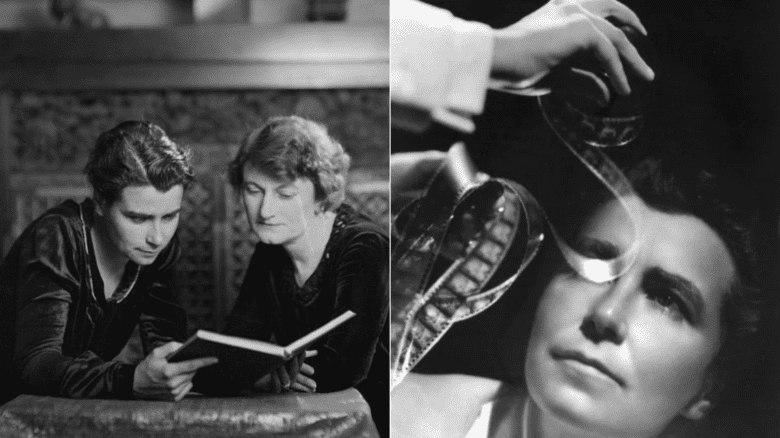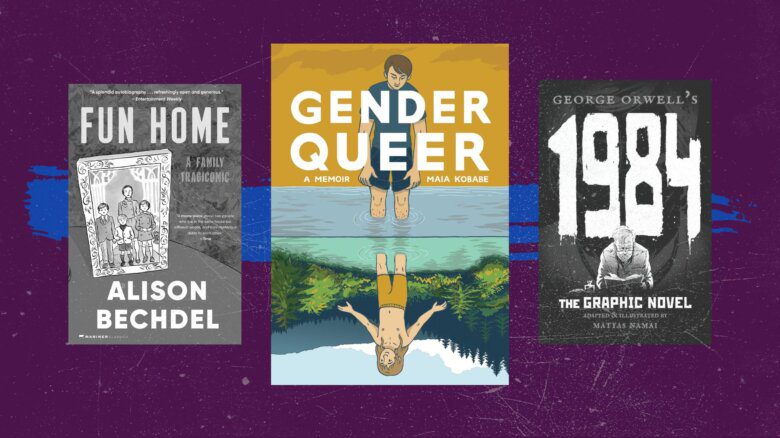Since its debut in May at the Cannes film festival, Blue Is the Warmest Colour (La Vie D’Adèle) has inspired rumours and controversy.
At first, Julie March, the author of the graphic novel that inspired the film, criticized its explicit sex scenes as being ridiculous and unrealistic. Then two of the film’s actors, Adèle Exarchopoulos and Léa Seydoux, publicly denounced the director’s tyranny on set and said they were uncomfortable with some of the things they were asked to do. As a response to these criticisms, the film’s director, Abdellatif Kechiche, wanted to prevent the film from being released because its reputation was so tarnished. If that weren’t enough, certain theatres in the US have banned the film because of its graphic depictions of lesbian love.
All this clouded the fact that Blue Is the Warmest Colour is a masterpiece. The film is sensual, erotic and passionate. It won the Palme d’Or in Cannes and none other than Steven Spielberg called it one of cinema’s greatest love stories of all time — whether gay or straight. This is no small feat.
Blue Is the Warmest Colour is a three-hour character study, based in a northern city in France, that chronicles a young woman’s coming of age, falling in love, and that love’s heartbreaking aftermath. The film is anchored by Exarchopoulos, a 19-year-old actor who gives a performance of such passion and range that it should garner her an Oscar nomination, if not the actual award. Exarchopoulous’s gorgeous face — in ecstasy, in tears, in puzzlement, in wonder, in love, in pain — is the reason Blue Is the Warmest Colour is so effective.
It was a challenging film, according to Exarchopoulous, who spoke to Xtra during this year’s Toronto International Film Festival. “Every scene was a kind of challenge,” she said. “The violent scene for me . . . [was] more difficult than the sex scene, even though sometimes you feel more vulnerable to be naked.”
She hopes the film will change perceptions of same-sex love. “The day when we won the Golden Palme, at the Cannes film festival, it was the day, it was the same day that they legalized gay marriage in France. That was just a coincidence, but for me, it was the best coincidence that could happen.”
Blue Is the Warmest Colour opens in limited release on Oct 25.
 Why you can trust Xtra
Why you can trust Xtra


